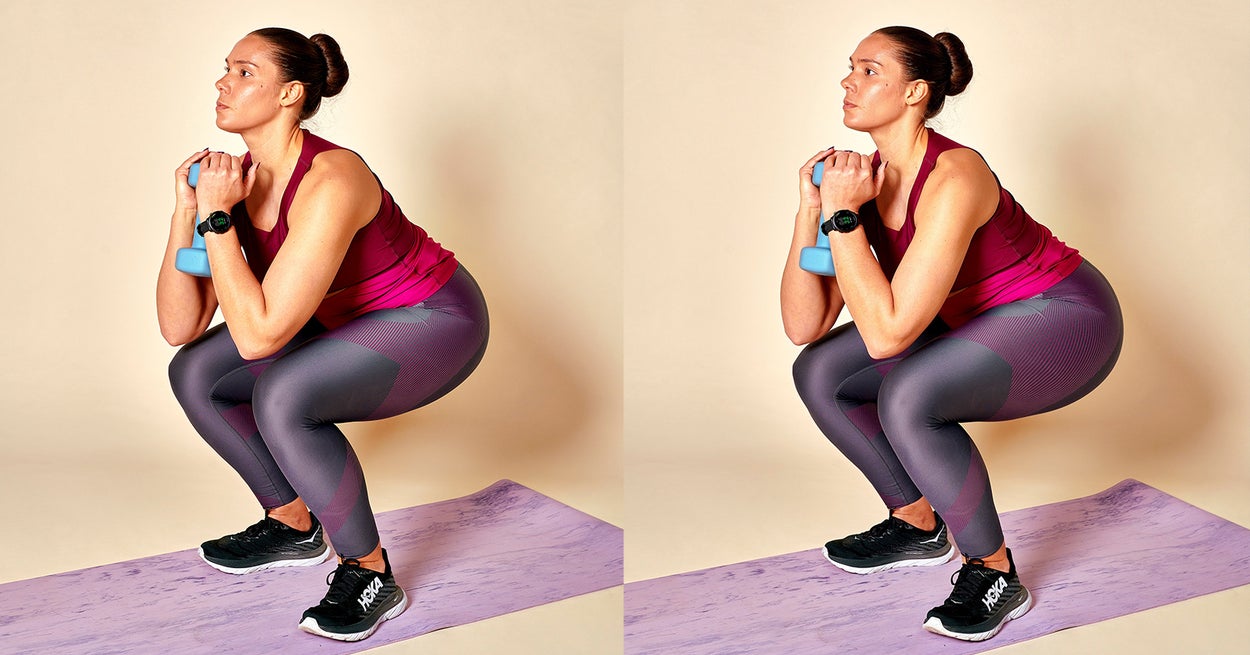Lawrence Obioma knew that having a muscular physique would help him get a social media following. The 26-year-old tech consultant, who has 480,000 TikTok followers, first went viral for working out while solving a Rubik’s Cube one-handed. He told BuzzFeed News that as his audience grew, people started asking for his workout regimen. Just by looking like the ideal version of a fitness influencer, he became one. He has posted videos of himself lifting weights, but he’s open about the fact that he doesn’t hold any formal certification.
“I didn’t release my workout plans for monetary gain,” he said, though they’re still available for $10 to $12 on his website. “I did it because people wouldn’t stop asking me for them.”
Obioma said he hasn’t felt the pressure to edit or alter his videos because he looks “the same or better in real life,” though in 2020 he posted a series of videos questioning whether influencers were “natty” (not using steroids) or editing their posts, which he says is a huge problem in the industry. Obioma no longer identifies as a fitness influencer, because he’d rather focus on his comedic content. He now shares videos with dating advice and claims to have more than 100,000 matches on Tinder.
But his story embodies the conceit for the entire influencer industry. Creators sell their audience something aspirational — be it outfits, vacations, or perfectly ripped bodies — and people pay them with likes and follows. And that does result in actual money, whether it’s from brand deals, merchandise, or TikTok’s Creator Fund. Looking hot and fit is key because research states that people are more likely to trust someone they deem attractive.
Still, having a clichéd #fitspo body online doesn’t mean you have health or fitness knowledge. Claudia Elizabeth, a 23-year-old bodybuilder and certified personal trainer with 250,000 TikTok followers who doesn’t share her last name online for privacy reasons, said she has noticed that some people can’t tell the difference between someone who gives good advice and someone who has a good body.
On her page, the self-described “muscle mommy” doesn’t really share advice. She posts videos of herself working out or flexing, but never suggests that other people copy her. She privately works with a coach who makes plans personally for her, and she doesn’t want anyone to interpret what she does as a professional athlete as advice that will work for them.
“Stuff like ‘what I eat in a day’ videos can give people meal ideas, but I don’t recommend people do things to look like me,” Elizabeth said. “I’ve learned from my work as a trainer that everything needs to be individualized.”
Source: https://www.buzzfeed.com/kelseyweekman/fitness-influencers-editing-photos-ethics
